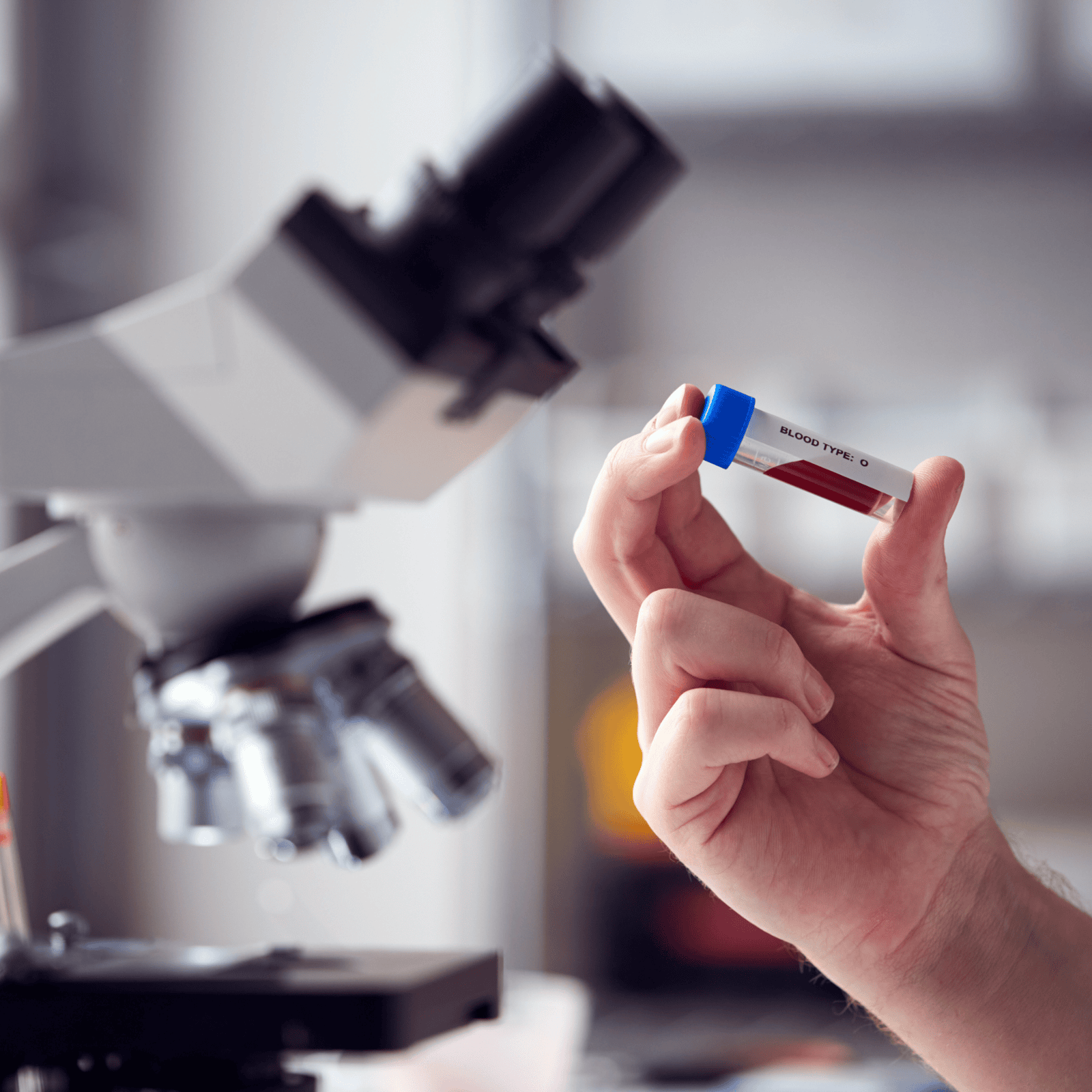
The Challenges of Shipping Biospecimens Globally
This document explores the complexities of transporting biospecimens globally, highlighting the unique challenges faced by the life sciences industry. It delves into regulatory hurdles, temperature sensitivity, specialized handling requirements, and the importance of efficient logistics solutions. Finally, it showcases how UPS's LabPort platform is revolutionizing biospecimen shipping, offering a tailored approach to overcome these challenges and drive scientific progress.
Frank Dias, Jr.
2/11/20253 min read

The Ultimate Guide to Biospecimen Storage Best Practices
Biospecimen storage is crucial for scientific research, as it forms the basis of experiments, studies, and medical advances. Proper storage is essential for ensuring the integrity of samples and preventing contamination, degradation, or loss of efficacy. Factors affecting biospecimen stability include temperature, humidity, light exposure, contamination, and mechanical stress. Choosing the right storage solutions, such as cryogenic, ultra-low-temperature freezers, or standard refrigeration, is essential. Regulatory and compliance considerations are also crucial. Best practices for biospecimen storage include accurate labeling, environmental monitoring, inventory management, standard operating procedures, regular maintenance and calibration, security and access control, emergency response planning, and ethical considerations. Technological advancements and sustainability will shape the future of biospecimen storage, with emerging solutions such as dry-state or vapor-phase storage and biodegradable storage components. Case studies demonstrate the importance of rigorous biospecimen storage practices in achieving successful research outcomes.
4/14/20244 min read


